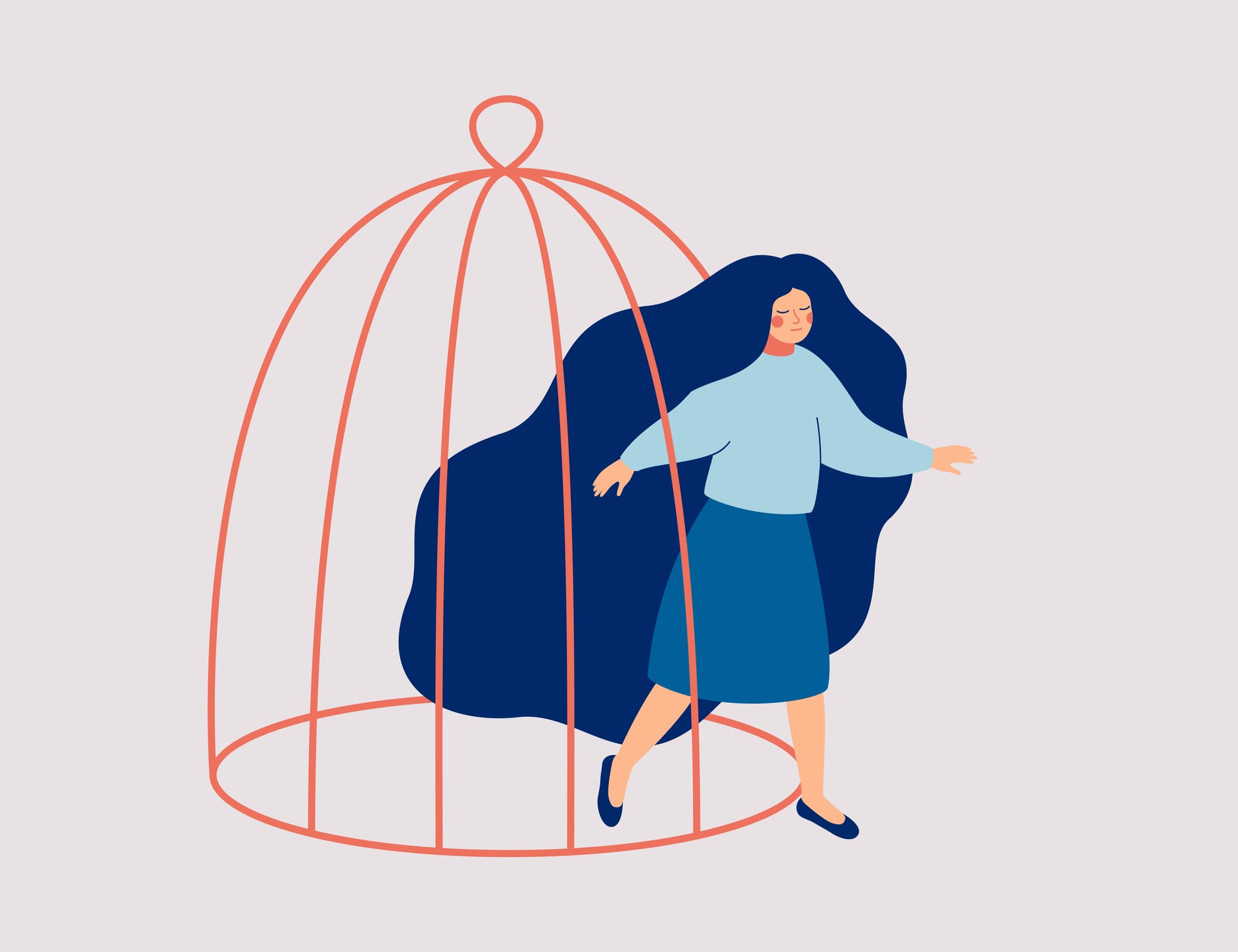I had a feeling…
I knew it in my gut…
It was that inner voice…
If you’ve ever used one of these phrases, chances are you were having a moment where you were describing an intuitive or instinctual experience. When you look up “intuition,” it’s defined as “the ability to understand something immediately, without the need for conscious reasoning.” Though the modern culture has generally trained us to think and make decisions based on rationality, intuition naturally comes into play in our daily lives. It’s the type of thing when you know who’s ringing you on the phone about an emergency before you even glance at the caller ID. Or, maybe you decline a job offer because you have a bad vibe about your potential boss. Intuition could be particularly useful in extreme life-and-death situations — say, when you’re about to get into a car accident and you don’t have time to gather the facts or carefully analyze your surroundings.
According to celebrity-loved intuition coach and best-selling author Laura Day (she touts Deepak Chopra, Jennifer Anniston, Gwyneth Paltrow, and more as fans), she believes intuition can help you do everything from finding the right relationships to being more successful at work. In fact, as a professional intuitive, Day has corporate clients across tech, political, legal fields, and more who pay $15K a month to get her intuitive advice on business decisions. “We don’t use intuition very much because we’re overwhelmed with the amount of data around us,” she says. “Intuition tells you how to achieve what you want in your unique way,” adds Day.

However, it’s easy to dismiss psychics today as a joke (in Day’s perspective, intuitives and psychics are the same things). Unfortunately, that mainly a result of psychics that scam vulnerable people so they can make money. Despite this, the Pew Research Center reports that four in 10 Americans trust psychics. Perhaps it’s because the idea of intuition goes way back in history: In this Epoch Times article, it found French philosopher René Descartes regarded intuition as the “principal seat of the soul and the place in which all our thoughts are formed.” In Eastern philosophies, the concept of the third eye opens the door for intuitive insight. Additionally, some people believe that if you practice religion, you’re innately intuitive since you believe in something (or someone) that doesn’t manifest itself physically. In fact, spirituality and intuition go hand in hand, according to Day. “This overemphasis on spirituality as if it is something to aspire to drives me crazy. Humans are spiritual. You can’t lose your spirituality. Spirituality by definition is the unity of energy and intuition proves that. We don’t need to try to be more spiritual. That’s a billion-dollar industry and a bill of goods someone’s trying to sell you. We need to make our spirituality, our unity of energy, function to allow us to be better human beings, have stronger egos, stronger boundaries, and to create a better world for everyone.”
So, are intuitives onto something? The beauty of intuition, according to Day, is that anyone can tap into their own intuitive abilities to have a better quality of life and achieve a personal or professional goal. As you become better at being more in tune with your intuition, you could feel more confident and guided, especially in situations that are difficult to navigate using just logic. As we left 2020 behind, we could all benefit from entering 2021 with a fresh perspective, don’t you think? We asked Day to give us a 101 guide to how to start cultivating intuition and what you should know about developing this skill:
Start by noticing and listening to your gut

If you’ve ever felt “sick” making a difficult decision, feel constipated from stress, or get butterflies in your stomach when you’re nervous about something, it’s your intuition kicking in. These little signals are the reason why the gut is called the “second brain.” Your gut consists of the enteric nervous system (ENS), which is filled with millions of neurons that are revolutionizing the link between digestion, mood, health, and the way you think, according to Johns Hopkins Medicine. Listening to your gut is all about “allowing yourself to notice what you’re experiencing,” says Day. Nobel Laureate and American psychologist Herbert A. Simon stated intuition was “nothing more and nothing less than recognition.” “You’re not looking for new information — it’s not creative visualization or information you’ve been exposed to,” says Day. You need to simply listen (and not ignore) what your gut is telling you.
Document what you notice

Recording everything is essential because your memory can be faulty, and the reason we don’t normally realize the information we need to listen to our intuition is that we don’t report it, says Day. “This can be something you sit down and do for five minutes a day, or it can be something that you do over the course of weeks. As things come up, prove or disprove them. The more you document everything (e.g. What are you thinking at this moment? What do you see around you?), the more your subconscious will allow your intuition to recognize information, she says. “Listening to your intuition should be safe to do so” and lead you to positive outcomes. If your practice is putting you in harm’s way, it’s probably not intuition.
Ask yourself what you want to achieve… and act on it!
Direct intuition by having goals. What is it that you want to do better in your life? Do you want to grow more in your business? Do you want to find a community or find love? Then, translate that question into positive goals and action: “The thing that I don’t like about the misuse of intuition is people go and they get a reading and it says, ‘You’re going to fall in love.’ Yet, they stay in the house waiting around because the reading says it’s not going to happen for another 18 months. The way intuition should be engaged is that you create your reality,” says Day. Intuition helps you find focus and opportunities to figure out solutions.
With additional reporting by Iman Balagam.







